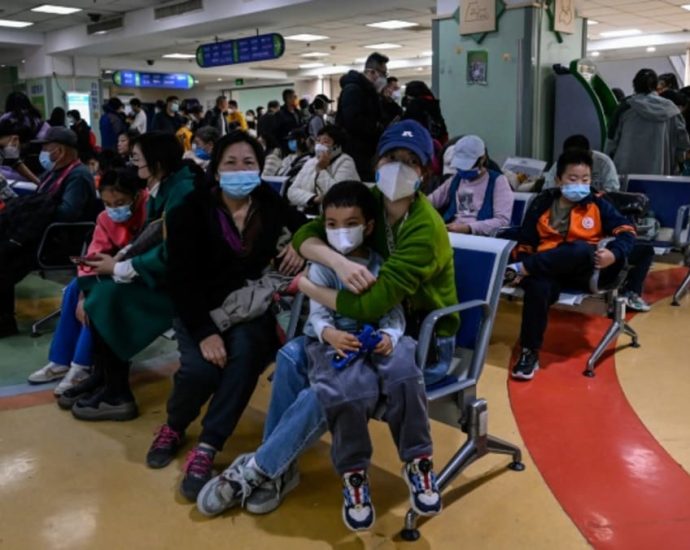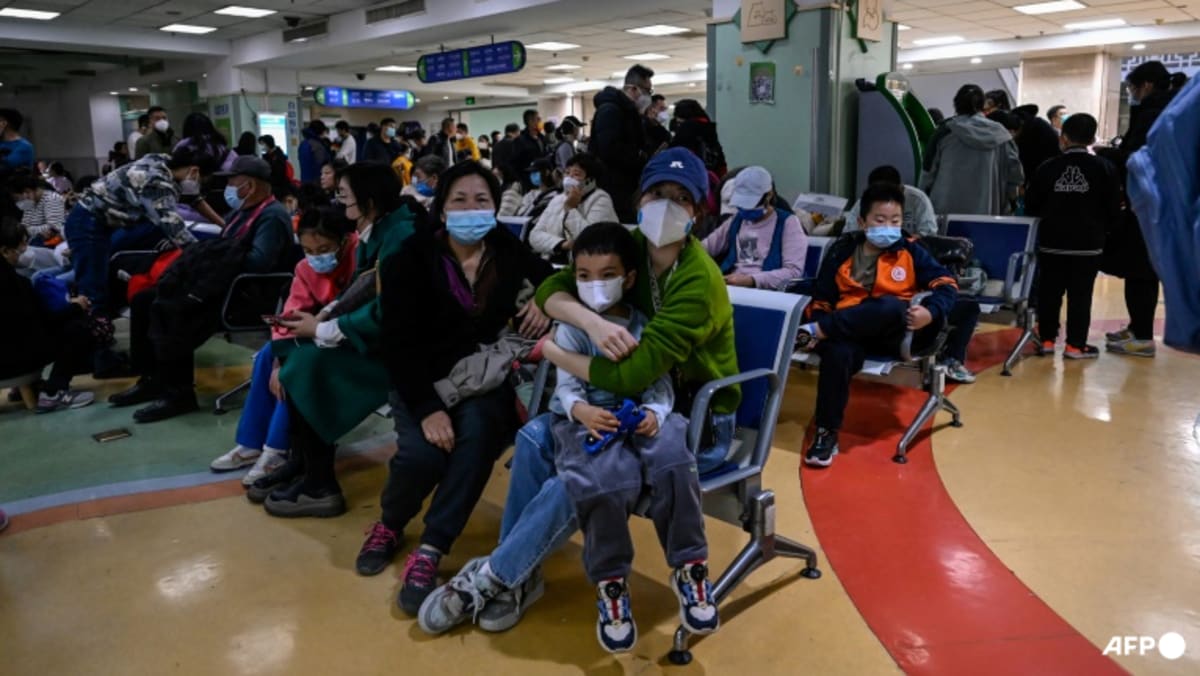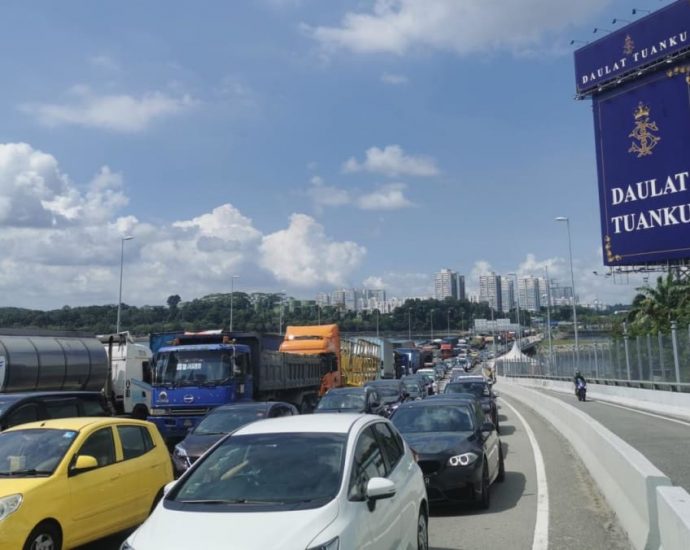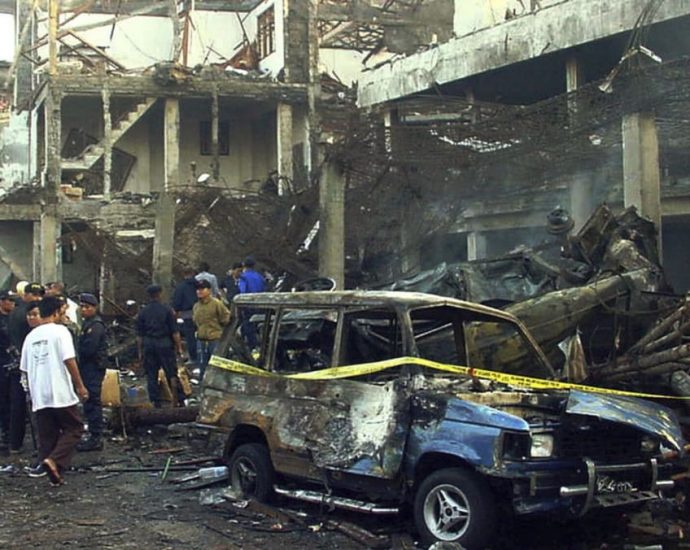Commentary: Missing Johor girl – resist the urge to blame parents when a child is in danger
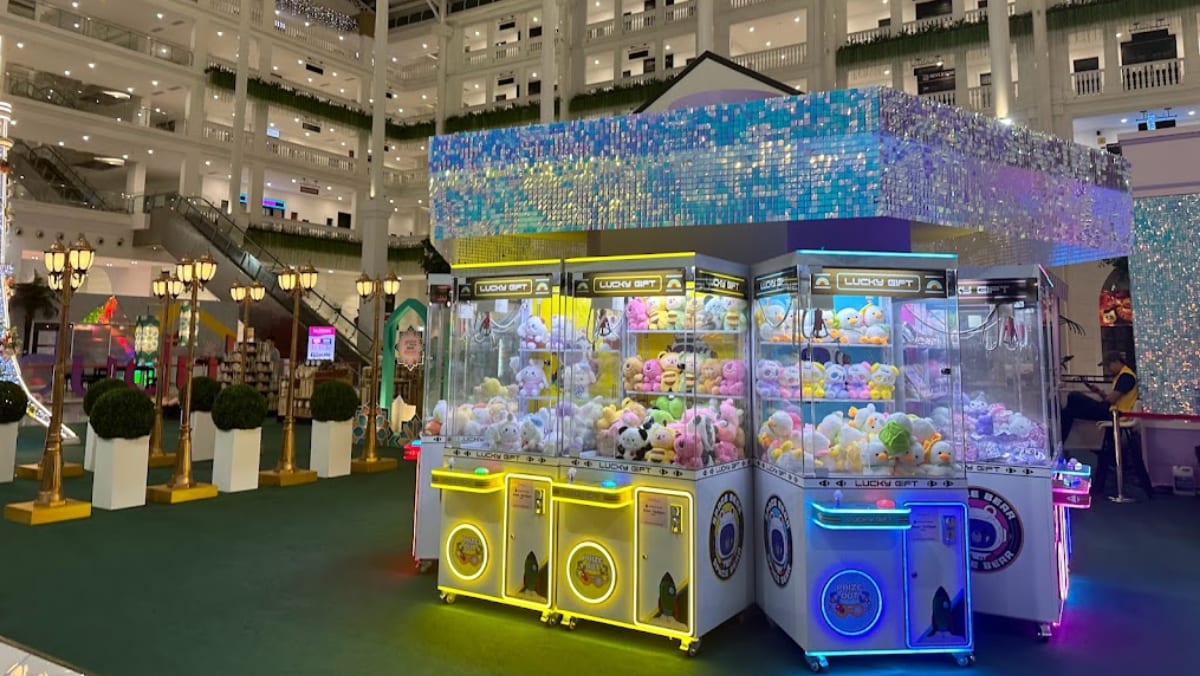
“WHAT DID THE PARENTS DO?”
Why do people feel inclined to judge or blame a victim?
Enter the Just World Fallacy, which posits that the world is fair, just and orderly. This belief implies that individuals get what they deserve – essentially, bad things happen to bad people and good things happen to good people.
This mindset helps people navigate their physical and social environments as if they were stable and predictable. So instead of attributing a bad turn of events to bad luck, forces beyond someone’s control or nefarious actors, people tend to look at the individual’s behaviour as a source of blame. This leads to the belief that innocent victims of accidents or attacks must somehow be responsible for or deserve their misfortune.
Where parents and children are concerned, because of the protective role we ascribe to parents and the helplessness we accord to children, the positional power differential is great.
An op-ed by Ashley Frawley in British news website UnHerd titled Stop Blaming Parents For Everything reflects that it is inevitable for us to want to hold parents accountable for virtually everything that goes wrong.
Frawley jibes that we have been raised to believe that “parental behaviour management (cures) all manner of social ills”.
“The good parent was beatified as one who is aware of every risk and acts accordingly. And woe betide the ‘lazy’ parent who does not. In doing so, they pointed the finger squarely at parents for nearly everything that goes wrong.”
The statistics track: A 2021 global survey by Ipsos on parental perceptions showed that 82 per cent of respondents feel judged by others as a parent. Singapore ties for top spot with the United States at 92 per cent.
Their perception is real and not imagined: The same survey showed that 81 per cent of non-parents globally do indeed judge parents. Respondents in Singapore came in at a staggering 87 per cent.
It’s no wonder then that the online judging of parents is sometimes deemed a “national sport”, as penned in The Atlantic. After all, “what real-life mother could possibly measure up to a vision of motherly perfection”.


